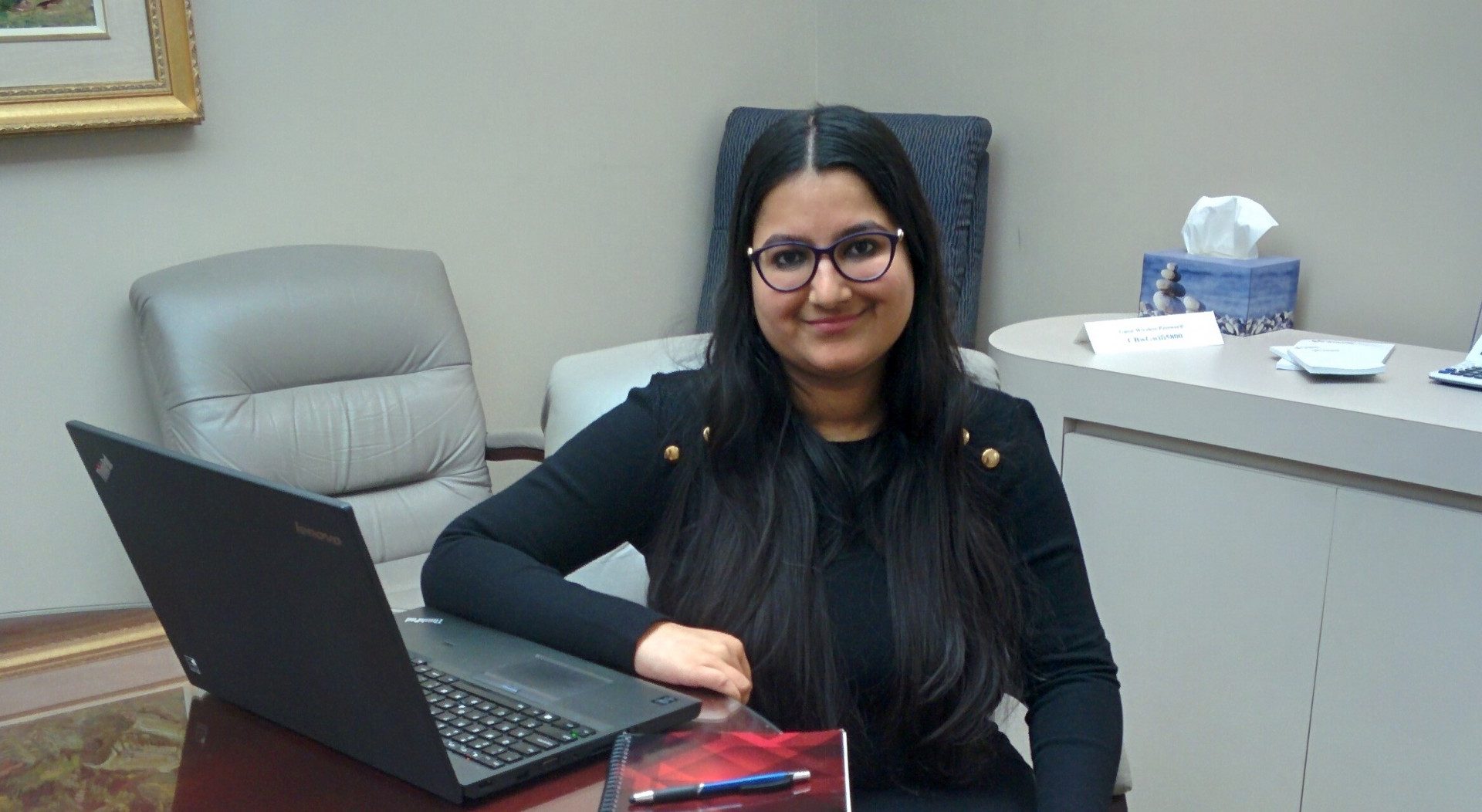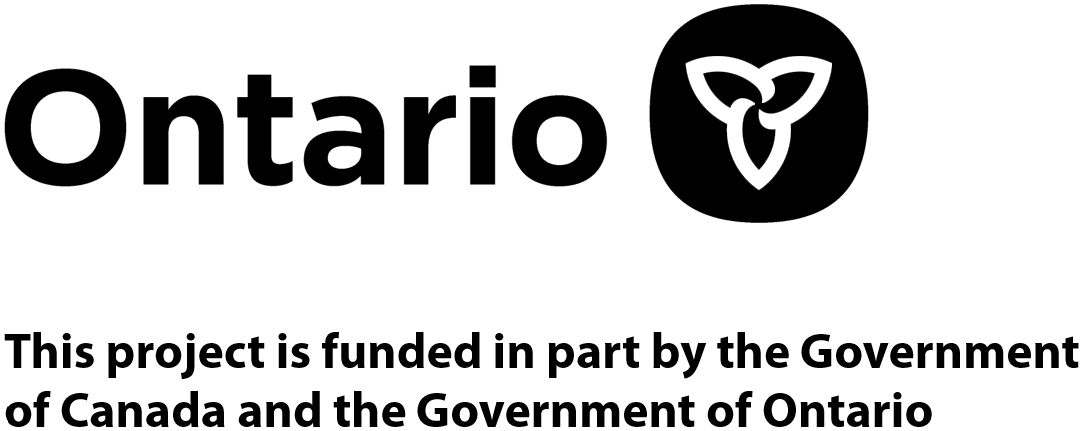Before entering into a career, experiential learning gives students an opportunity to test drive their desired career. We spoke to Shelja Garg, a Senior Staff Accountant at Collins Barrow Windsor LLP. She began her role at the firm through a University of Windsor co-op placement. Shelja has successfully passed the 2017 Common Final Examination (CFE) and is working towards obtaining her Chartered Professional Accountant (CPA) designation.
What was the benefit of being part of the co-op program through the University of Windsor?
It allowed me to obtain employment with Canada Revenue Agency as well as Collins Barrow Windsor LLP which led to my current employment with the firm.
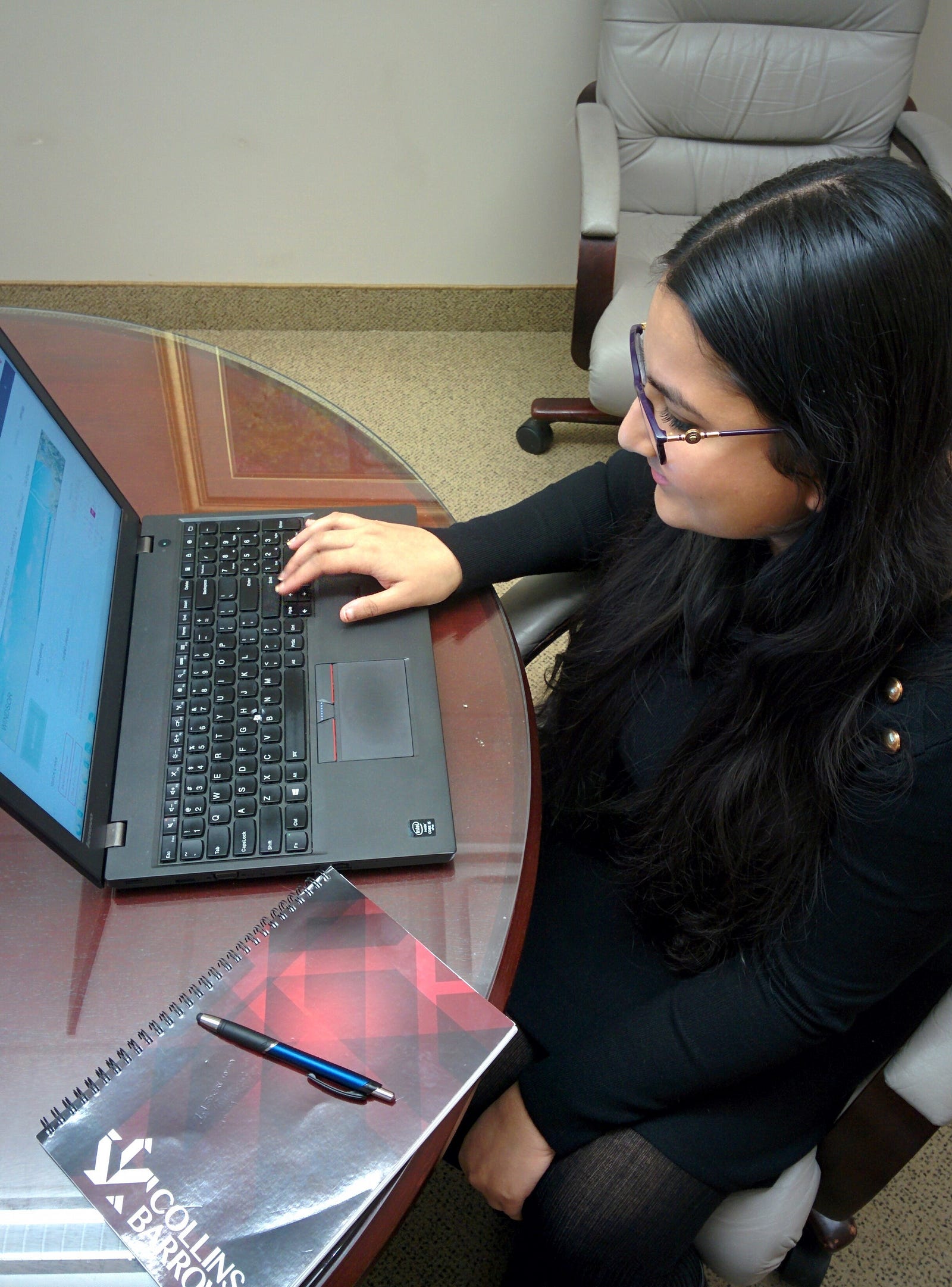
Tell us about your most meaningful experiential learning placement:
My most meaningful placement was with Collins Barrow Windsor LLP. It is an accounting firm and my role was of an accountant assistant. This placement gave me the opportunity me to apply my accounting knowledge outside of the classroom and develop expertise in areas such as bookkeeping, financial statement compilation, tax return preparation, and gain insight into the audit process.
Other associates would have me assist them with their files whether it was having me do bookkeeping, bank reconciliations, record journal entries, or even complete the entire file. I felt like I was contributing to the team’s and firm’s overall success in my role.
What made you decide to take an experiential learning opportunity?
I always understood the value of experiential learning even when I was in high school. When applying to universities, I specifically only applied to ones that offered co-op programs for my business major. This is because I had already set a goal of obtaining co-op employment during my four years at university.
I wanted to gain that work experience that would provide me with the skills and tools that I needed to become a CPA. I interviewed with a few accounting firms as part of the co-op process and I ended up being matched with Collins Barrow as part of a ranking process where candidates and employers rank each other.
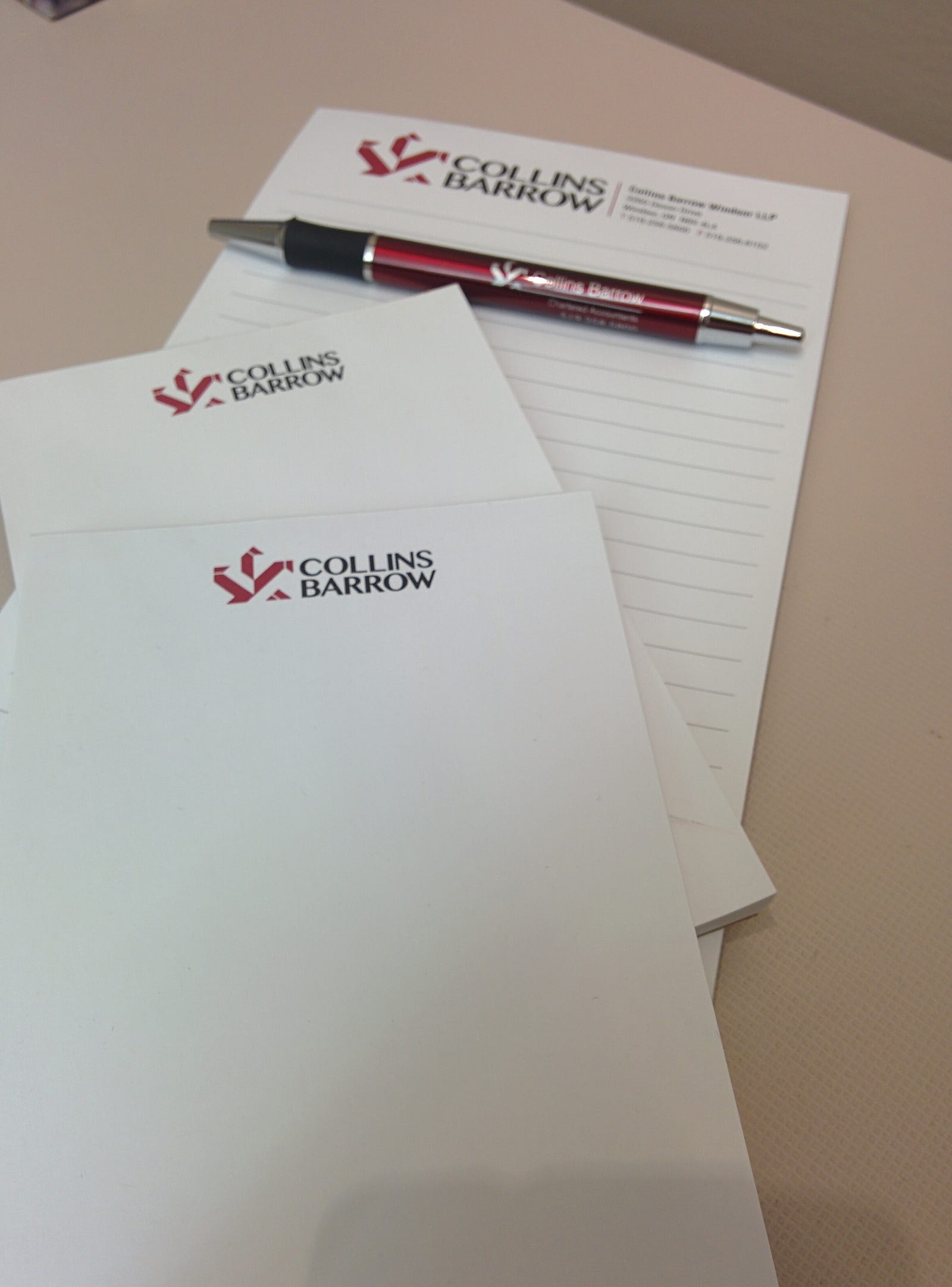
How did your placement impact your career and educational pathway?
I was able to build the skills I needed to better apply myself in the classroom and my performance at my placement led to the firm offering me a full time position a few months before I had graduated from university.
What was the biggest lesson you learned through this placement?
I learned that what you learn in the classroom is not sufficient enough to help you excel in the workplace. It would be beneficial for universities to incorporate more practical skills into the curriculum as this will allow students to perform better in the workplace.
For example, offering a course on bookkeeping or tax return preparation using software would have prepared me better for my placement than just learning the theory behind bookkeeping and tax.
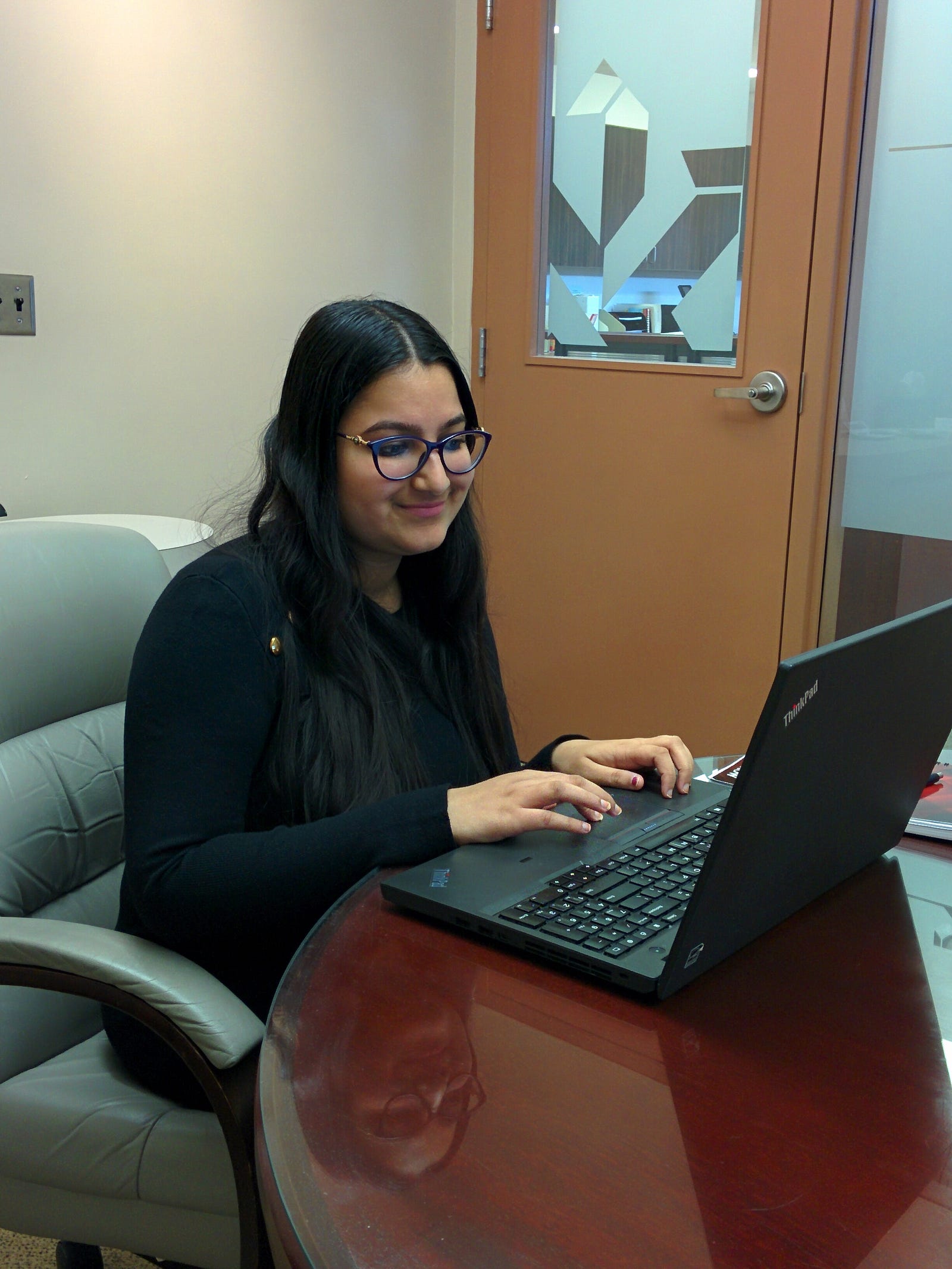
What information would be helpful for employers to know before arranging to host a student placement?
Employers should know that students may not necessarily possess all the knowledge and skills for the job. They are coming from the classroom with possibly some experience at a part-time job. They are willing to learn and develop these skills as they work in the placement.
What would you say to encourage younger students who haven’t yet signed up for some type of experiential learning opportunity?
I would encourage them to sign up for this opportunity right away as there is so much value in experiential learning. They need to know that the workplace is different than the classroom and this is their chance to get a feel for what happens in the workplace. It will also allow them to apply their knowledge in a practical way.
This will give them a leg up over someone who didn’t take advantage of the same opportunity because future employers look for relevant work experience in qualified candidates after graduation.
